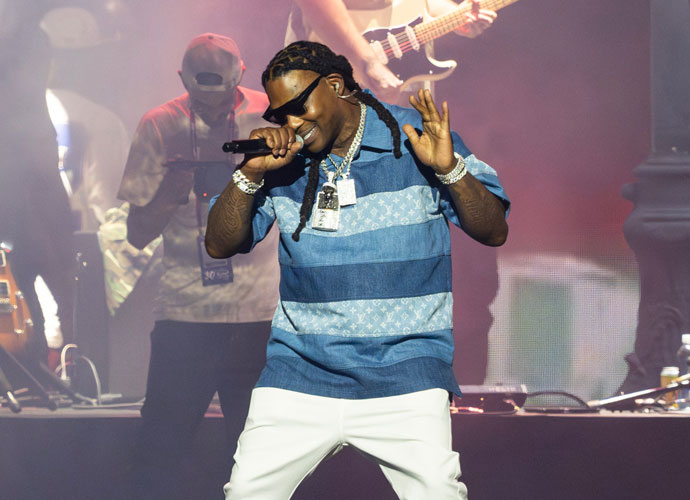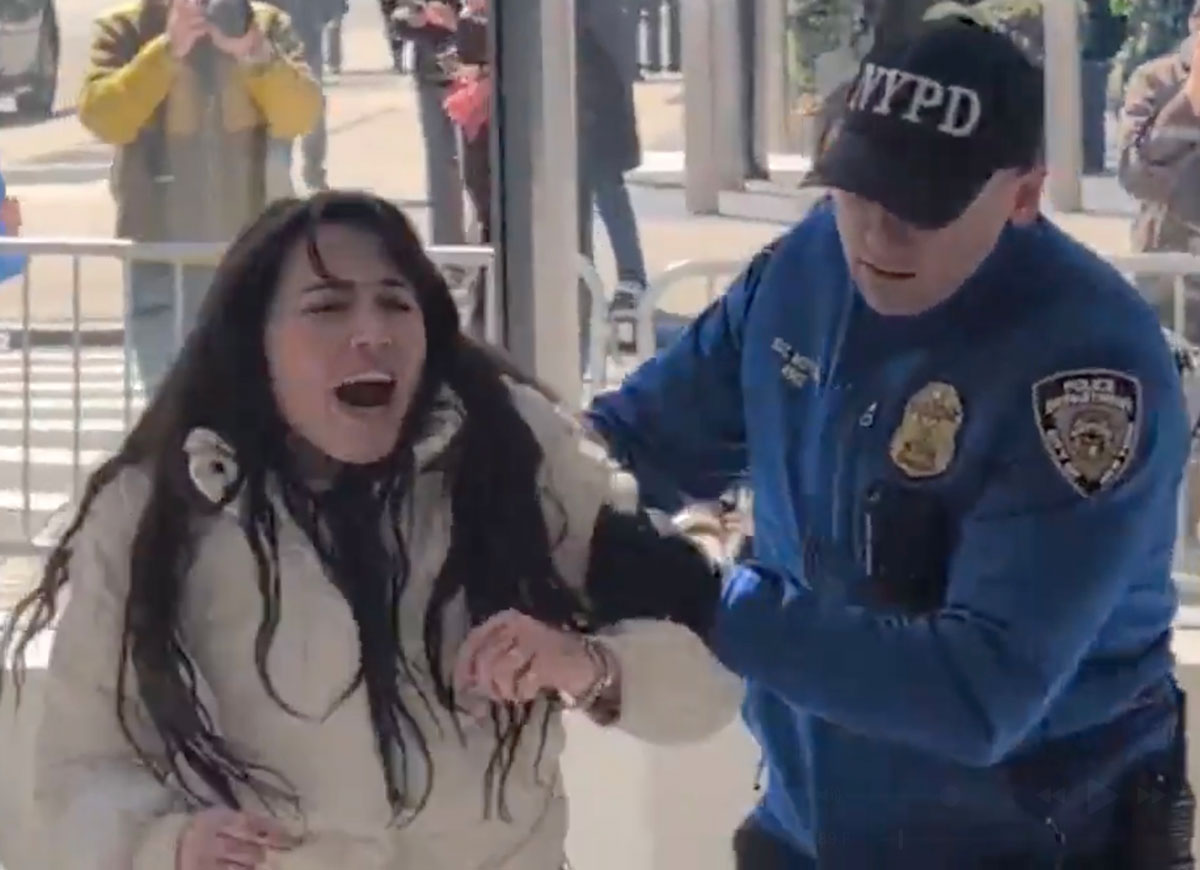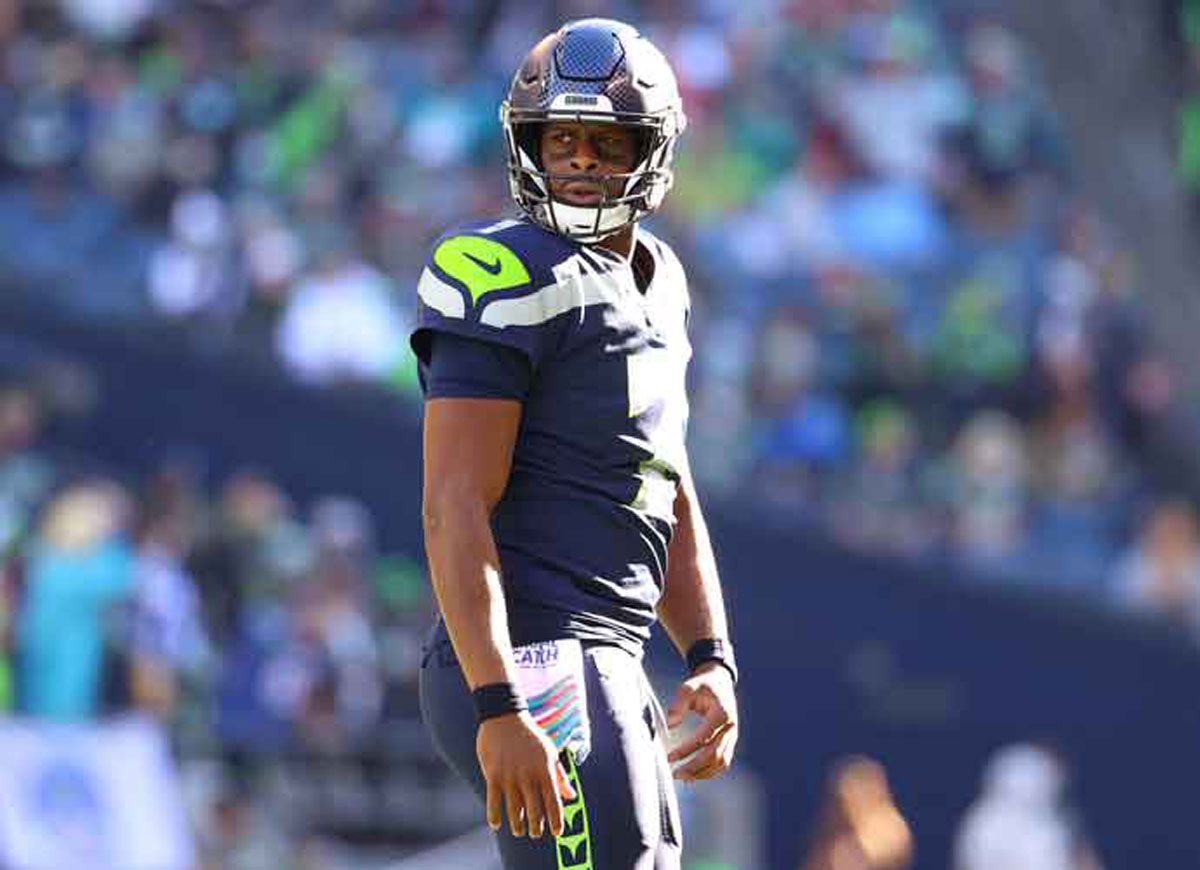Rapper Baby Gangsta Ordered Not To Write About Murder & Guns & Avoid Associating WIth Known Felons
On Friday, U.S. District Court Judge Susie Morgan rejected prosecutors’ request to prohibit the rapper BG, whose legal name is Christopher Dorsey, from “promoting and glorifying future gun violence/murder” in his songs and performances while on supervised release from prison.
Judge Morgan acknowledged that such a restriction could violate Dorsey’s First Amendment rights and imposed a compromise measure that required Dorsey to provide the government with copies of any songs he writes in the future before their production or promotion. If the lyrics are deemed “inconsistent with the goals of rehabilitation,” prosecutors will have the option to seek modifications to the terms of Dorsey’s supervised release.
The case has sparked discussions around the interplay between an artist’s freedom of expression and the criminal justice system’s rehabilitation efforts. The music industry has widely condemned the practice of using rap lyrics as evidence in U.S. criminal courts and argued that it disproportionately targets black artists. Nonetheless, prosecutors have generally been unwilling to abandon this strategy, as exemplified by Dorsey’s case.
Dorsey, a former member of the popular New Orleans rap group Cash Money Records’ Hot Boys, came under scrutiny from federal probation officers after he performed alongside fellow rapper Boosie and released an album with 2020 Grammy nominee Gucci Mane, both of whom have prior felony convictions. Under the conditions of supervised release, individuals are generally required to “refrain from… associating unnecessarily with” those with criminal histories.
While Dorsey’s attorneys argued that preemptively restricting the subject matter of his lyrics would be an “unconstitutional prior restraint of free speech,” Judge Morgan acknowledged the prosecutors’ “legitimate” concerns over Dorsey’s rehabilitation goals. As a result, the judge has allowed Dorsey to maintain his creative freedom but provided the government with a mechanism to monitor the content of his lyrics and potentially modify the terms of his supervised release if deemed necessary.
BG, short for Baby Gangsta, was part of Cash Money Records’ Hot Boys group and other prominent New Orleans rappers.
Dorsey received a 14-year prison sentence in July 2012 when he pled guilty to illegal gun possession in connection with a 2009 traffic stop. By fall 2023, Dorsey had been transferred to a halfway house. On February 1, he began living under federal supervision outside the halfway house for two years.
RELATED ARTICLES
Get the most-revealing celebrity conversations with the uInterview podcast!







Leave a comment